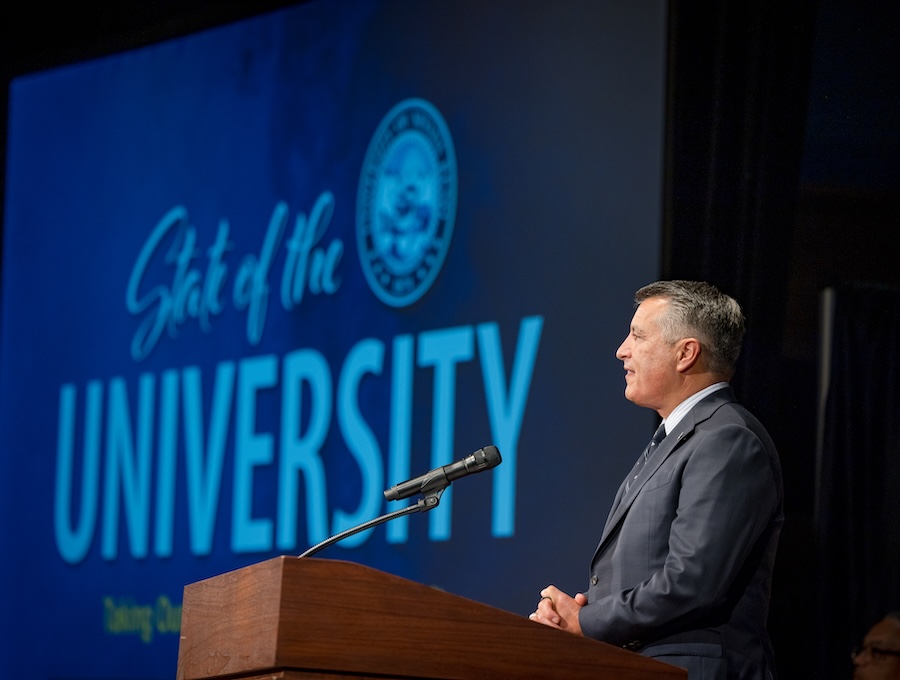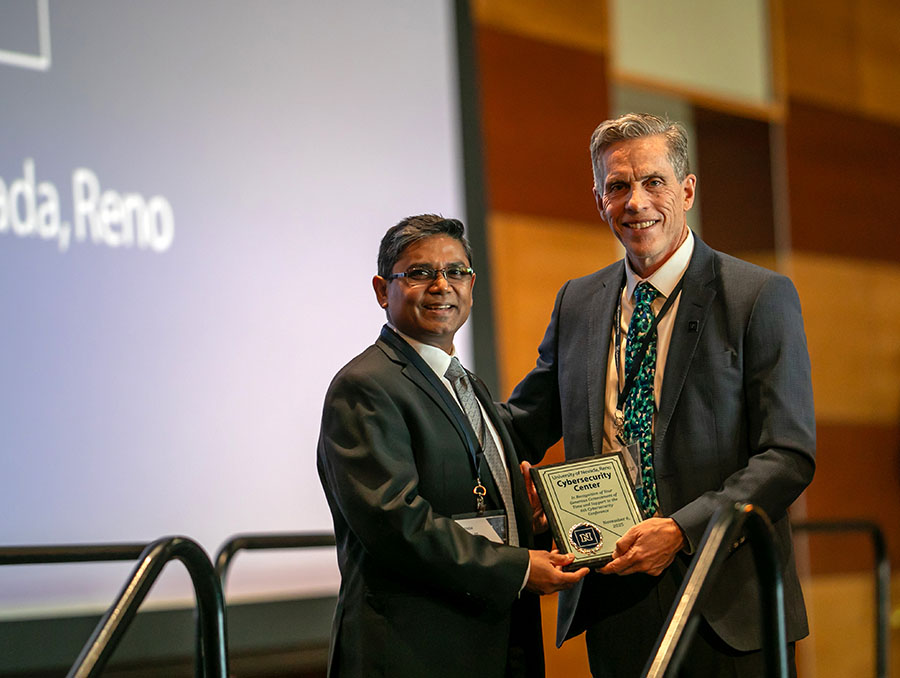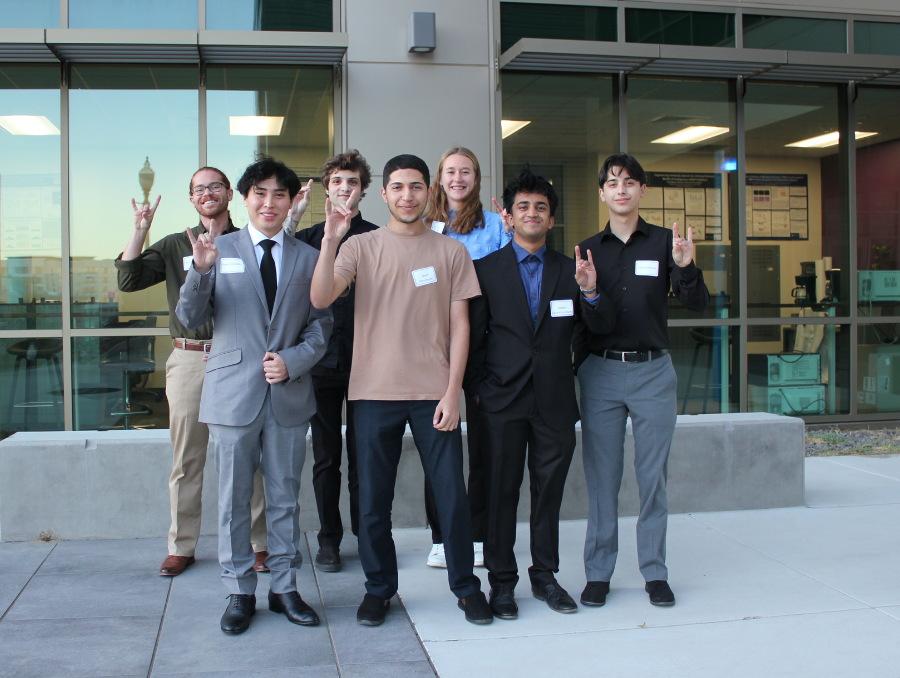The Computer Science and Engineering (CSE) Department has secured an award from National Science Foundation's (NSF) Networking Technology and Systems (NeTS) program. The project, titled "Online Management, Experimentation, and GAme (OMEGA) of Large-Scale Networks," is to be led by Dr. Murat Yuksel of the CSE Department. The project team includes Dr. Mehmet H. Gunes of the CSE Department and Dr. Ramona Houmanfar of the Psychology Department.
NSF NeTS is a very selective program and funds about 15% of proposals annually. The award is $200K over a three-year period and will fund graduate and undergraduate students to explore ways of automating network management via an interdisciplinary approach involving heuristic optimization and behavioral science.
Online management of a running large-scale network poses many challenges, which have attracted significant research. As critical applications, such as high-definition TV (IPTV) and financial markets, are converging onto the Internet infrastructure, effective response to large-scale network dynamics like failures and demand spikes is gaining more importance. Link or node failures are not rare events for a large-scale network of thousands of devices.
A major portion of the time for handling such network dynamics is determining how to respond, mostly performed manually in the current practice. Seeking the optimal response is often impractical, but even settling on a "good" response is very hard as well. Emergence of various networking technologies like 3G wireless and mesh networking is further complicating these management tasks.
In most cases, getting the large-scale network to work is the typical target. Experienced human administrators are typically the ones who can quickly find a close-to-optimum response. However, as the networks are getting larger and more diverse, managing and attaining effective responses for an online operational network necessitates meta-tools to swiftly learn and characterize the network. The project responds to this fundamental need by developing tools to achieve automated ways of managing a running network.
The project will develop tools for automated management of a running network by framing heuristic optimization, empirical learning, experimental design, and network management with a "game" interface. The project will develop an online management and experimentation system for large-scale networks in a game-like environment for trainee administrators to play with and explore what-if scenarios, without having to risk the network operation.
The project will also develop algorithms for empirical characterization of network dynamics, and tools for quick and close-to-optimal configuration of numerous network parameters in response to failures or customer traffic trends. Such a framework will automate the process of configuring a large-scale network and thus reduce the dependency of ISPs to human network operators.
The project will integrate behavioral scientific concepts into the practice of operational network management. The automated management using online optimization may establish a foundation for managing multi-owner systems, e.g., power grid, transportation, and water infrastructure networks. The project's heuristic optimization and experiment design methods as well as the game-based approach to operator training are applicable to training in safety and mission critical industries where mistakes of ill-trained administrators are intolerable, e.g., airline pilot and nuclear reactor administrator training.










